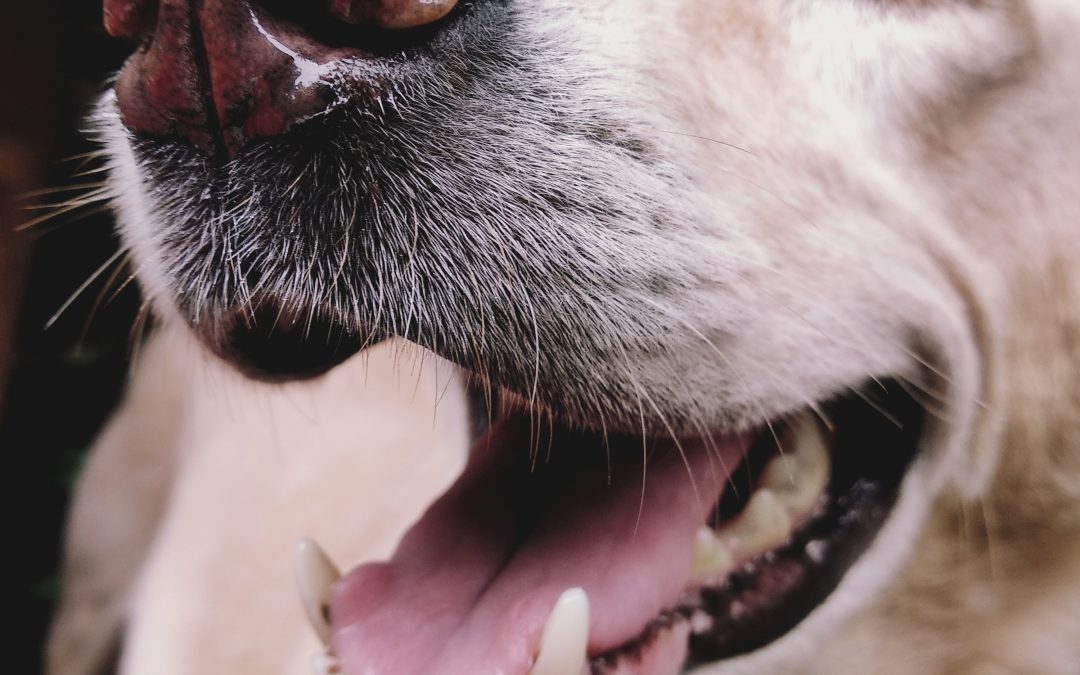Pets might not be as prone to cavities as humans but dental health is still an extremely important part of treating your pet’s overall health because dental problems can cause, or sometimes even be caused by, additional health concerns. Here are some pet dental care tips to get ahead of your pet’s oral care.
Pet Dental Care Tips for Your Pet’s Oral Health
According to the American Veterinary Medical Association, you should be getting your pet’s gums and teeth checked at least once a year during their veterinary visits to be proactive and check for any early signs of health problems to ensure that your pet stays healthy. If you observe any problems such as noticeably bad breath, broken or loose teeth, teeth that are discolored or covered in tartar, abnormal chewing, drooling, or dropping food from the mouth, reduced appetite or refusal to eat, bleeding from the mouth, or swelling in the areas surrounding the mouth, be sure to take immediate action and take your pet in to get checked out as soon as possible. Some pets may show signs of irritability when they are experiencing dental issues so any noticeable changes in your pet’s behavior should be closely monitored. If you suspect your pet may be experiencing a dental problem, be careful if you choose to evaluate their mouth yourself as they might bite you.
Dental Care Starts at Home
Your pet’s dental care should be taken as seriously as the other aspects of their health. To help prevent common oral diseases, frequent removal of the plaque and tartar buildup that gets on teeth is necessary. The most effective thing that you can do to aid in your pet’s dental care is to brush their teeth regularly. Daily brushing is ideal but brushing a few times a week is also effective. There are a variety of pet products on the market that claim to aid in protecting your pet’s dental health. If you are considering adding a product to the routine of your pet’s dental care, talk to your veterinarian to get a recommendation of what might work best for your pet.

